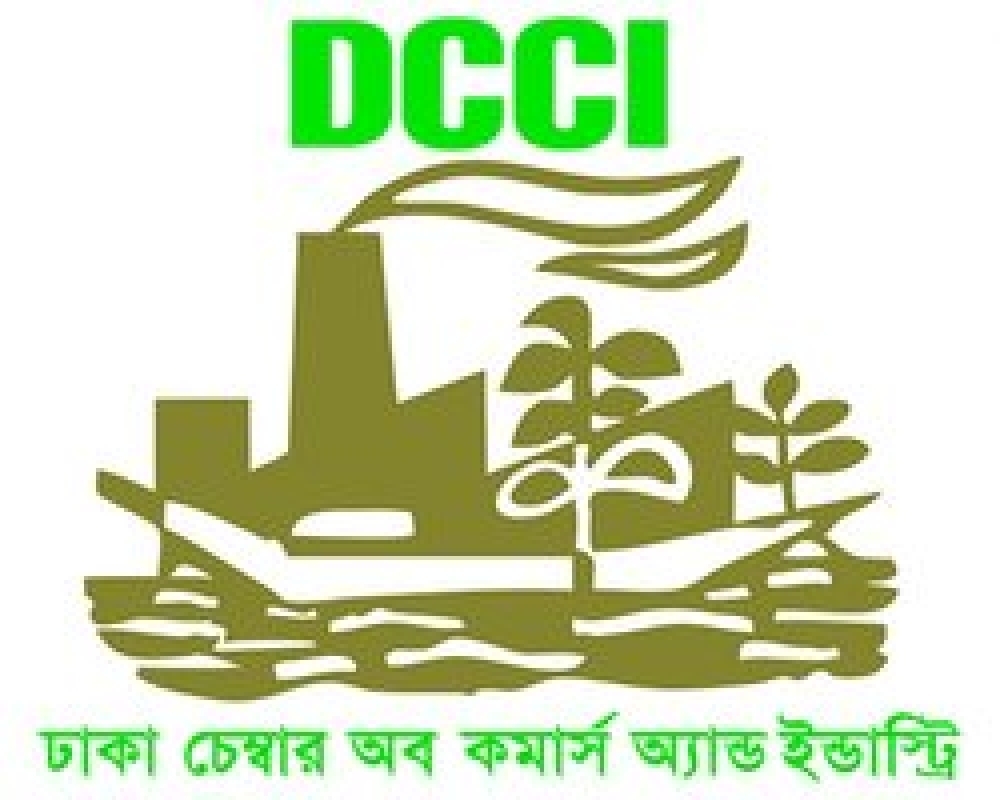News
DCCI's Reaction on Monetary Policy

In response to the declared Monetary Policy for H2 (January-June 2023) by the Bangladesh Bank, President of Dhaka Chamber of Commerce & Industry (DCCI) Barrister Md. Sameer Sattar said that this MPS will help both the private and financial sector to turn around. The MPS is primarily aimed at curbing inflation and to stabilize the foreign exchange reserve.
The public sector credit growth has been set by the Government at 37.7% for Jan-Jun of FY23, which was 26.6% in Jun-Dec FY22. The set target for public sector credit may cripple new borrowing and investment by the private sector. In order to reduce public sector borrowing, efficiency and good governance needs to be continuously ensured through reduction in government expenditure by way of austerity measures and prioritizing between development projects. Also, in the current market condition, the proposed relaxation of lending rate cap for consumers’ credit and complete removal of the deposit floor rate may encourage savings and smoothen the liquidity reserve of banks.
Regarding the exchange rate stability, Barrister Sattar is relieved to see that the Bangladesh Bank hopes to gradually move towards a market-based, flexible and unified exchange rate regime by the end of this fiscal year. In order to avoid trade-based money siphoning, he supports the decision of the Bangladesh Bank to beef up its monitoring to track import LCs before making any final payment. Also, it will be helpful to pre-inspect any LCs which are worth USD 3 million or more. However, in the given economic scenario, the DCCI President suggested relaxation of L/C margin for essential commodities and industrial materials for catering local and export-oriented industries.
Regarding inflation control, the MPS has addressed some key issues especially relating to CMSMEs. DCCI President Barrister Md. Sameer Sattar hails the initiative of the Bangladesh Bank with regards to the re-finance scheme of more than Tk. 50,000 crore, prioritizing investments in agriculture, CMSMEs and import substituting industries allowing them to avail term loans and working capital loans at easier terms and conditions. It will certainly help the quick revival of CMSMEs, told Sattar.
However, Barrister Sattar was hoping for solid recommendations by the Bangladesh Bank in order to deal with Non Perfuming Loan (NPL). This is because maintaining low NPL and ensuring good governance practices are critical for maintaining financial sector stability. The MPS could benefit from more concrete and clear measures or instructions from the Bangladesh Bank as to how the NPL can be effectively reduced. Since the growing NPL is limiting the private sector credit and, in turn, stalling private sector growth, Barrister Sattar feels that stern measures for quick loan recovery should be brought into place. In this connection, the Bangladesh Bank can identify and pinpoint the exact reasons, focusing on habitual defaulters, and start engaging with various institutions and stakeholders in order to work towards reducing the current backlog in recovery cases along with quick reforms to the existing laws by introducing ADRs in an effective manner. Barrister Sattar hails the decision of the Bangladesh Bank to establish Special Monitoring Cell for continuous review and oversight of big loans as part of a comprehensive NPL resolution mechanism.
Regarding inward remittance from wage earners, the move of waiving documentary requirements in relation to remitting foreign exchange, money transfer fees by local banks as well as prior approval for withdrawal of money mentioned in the MPS are welcoming.
As a whole, the declared MPS is promising with good indications to contain the current economic challenges. However, a timely implementation strategy through coordinated efforts from the public and private sector along with strong monitoring by the central bank can achieve the core goals of money market and economy.
Published on: 2023-01-16
